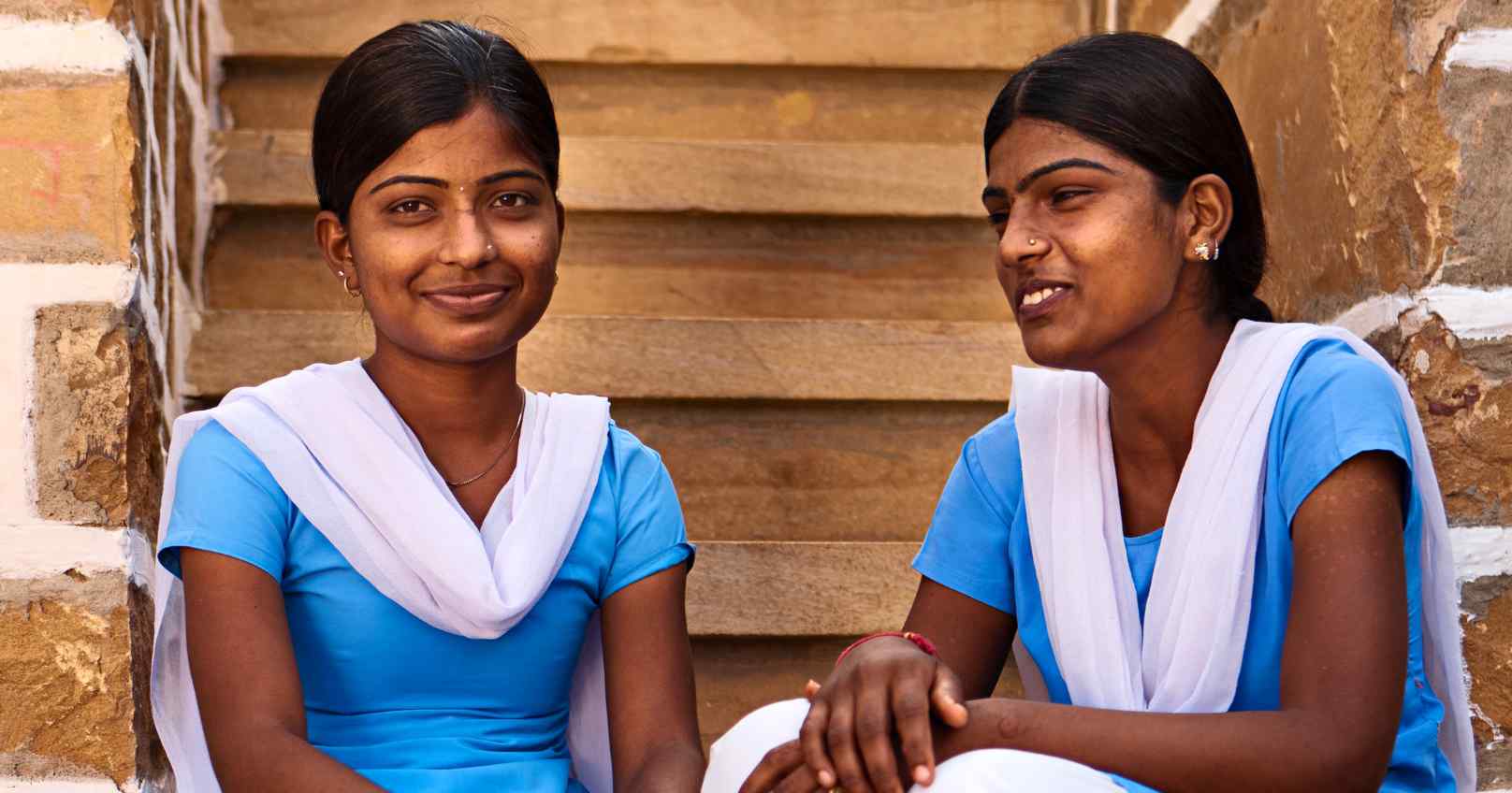The Centre informed the Supreme Court on Monday of a newly developed “Menstrual Hygiene Policy for School Going Girls,” approved by the Union Health Ministry. This announcement follows an April 2023 directive from the court, urging the government to address menstrual hygiene for female students.
The Supreme Court was reviewing a Public Interest Litigation (PIL) from Congress leader and social activist Jaya Thakur, which seeks to mandate free sanitary products and adequate toilet facilities for female students from Classes 6 to 12 in government, government-aided, and residential schools.
According to the Centre’s affidavit, this policy aims to incorporate menstrual hygiene education within the school system to drive changes in awareness, attitudes, and behaviors among schoolgirls. It addresses the significant impact of low menstrual awareness, which often limits girls’ mobility, freedom, and school attendance.
The policy emphasizes widespread coverage through surveys and assessments conducted by states and union territories. These assessments will identify areas in need of support to ensure regular access to menstrual hygiene products in government and aided schools. The policy also promotes safe practices, aims to dispel stigmas, and encourages environmentally friendly management of menstrual waste.
A bench of Justices J B Pardiwala and Pankaj Mithal is set to review the PIL on October 12.
The Centre reported that 97.5% of schools in India, including government, state-aided, and private institutions, currently provide separate toilets for female students. Regions such as Delhi, Goa, and Puducherry have achieved 100% compliance, while other states, including West Bengal and Uttar Pradesh, have met 99.9% and 98.8% of their targets, respectively.
As part of a larger national effort, the government has built over 16 lakh toilets for boys and 17.5 lakh toilets for girls in more than 10 lakh government schools, alongside additional facilities in government-aided schools.
The Centre also noted that while states like Tamil Nadu, Kerala, and Sikkim have nearly complete compliance, some northeastern states and Jammu and Kashmir lag behind the national average of 98%.
In July, the Centre mentioned that a national policy on providing menstrual hygiene products to adolescent girls in schools was nearing completion. Thakur’s PIL had previously highlighted the struggles of underprivileged adolescent girls who lack access to sanitary products in schools. The government continues to work toward a standardized national policy in line with court instructions from April and November 2023, which includes guidance for building adequate toilet facilities to meet the needs of female students.







